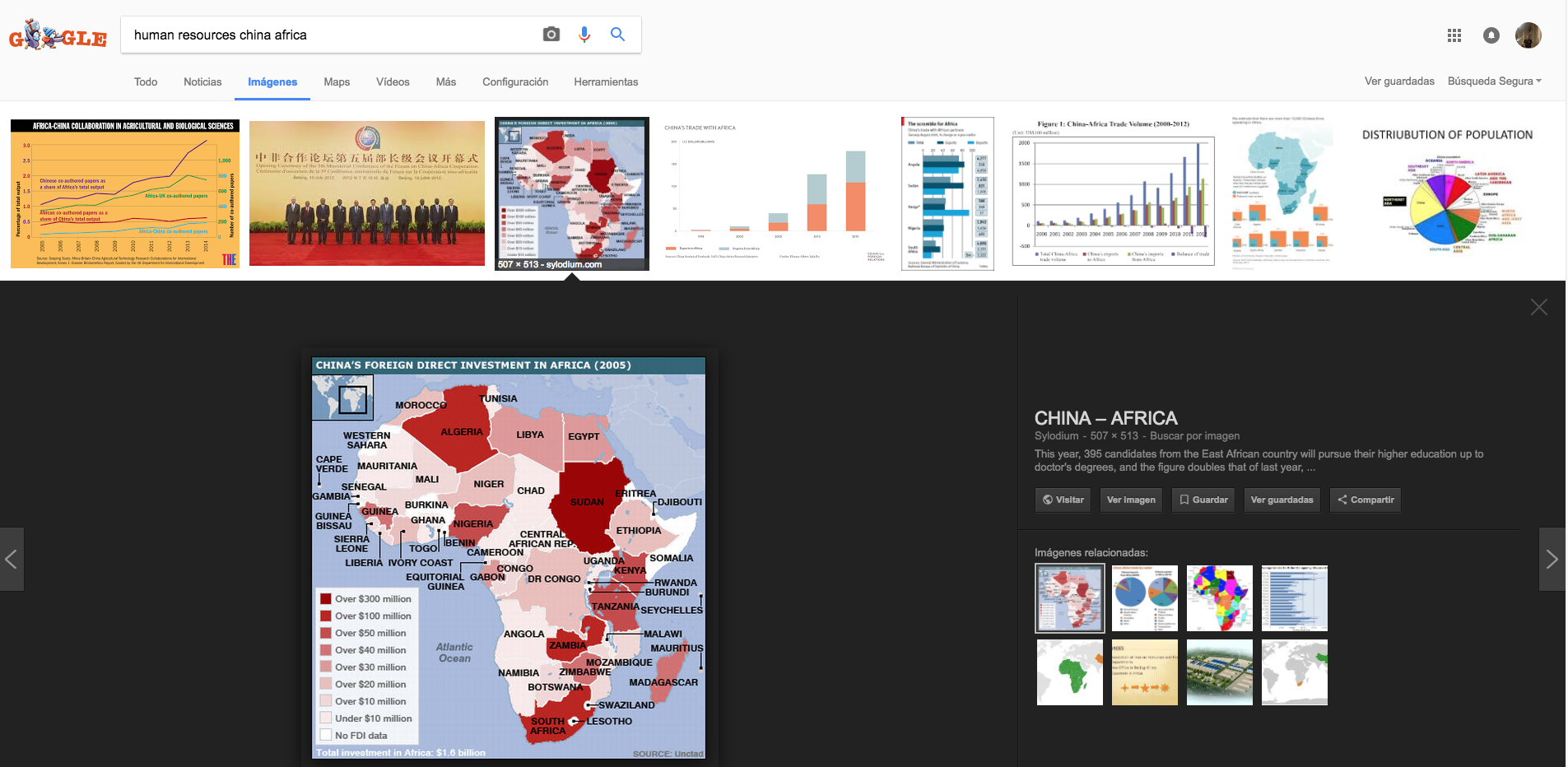Chinese Human Resources business to Africa.
African HR for Chinese companies
Are you in HR business?
Are you in China – Africa or EU – Africa bilateral relations?
During the second summit of the Forum on China-Africa Cooperation (FOCAC II) held in Johannesburg, South Africa in 2015, Chinese President Xi Jinping announced US$60 billion in funds to support African development projects over three years (2016-18) and an agreement on growing China-Africa relations through a comprehensive strategic cooperative partnership.
"What we need is your talent and creativity to grow your African business”
Let us tell you to make money together with us between China – Africa or Between EU – Africa, contact us here info@sylodium.com)
African entrepeneurs - Chinese companies
Chinese economic reform also enabled Africa to remain at the centre of the Chinese economy by continuing support in the form of concessional loans to support industries.
Even more recently, the focus in partnerships has been turning to skills development and enhancing academic capacity in African universities. Our logical business system, allows you to segment your target markets to be seen, and dominate the bilateral trade niches you choose from China and Russia to Africa.
" Your import-export business in Internet's guts"
The merits of equality in Africa-China HE collaborations
New from UniversityWorldNews.com
Chinese HE initiatives in Africa
China-Africa higher education collaboration encompasses several forms including Chinese government scholarships and university collaborations, vocational training, Chinese language teaching in African universities, construction of university demonstration schools and provision of educational materials; and partnerships with multilateral organisations on education. The mode in which these educational initiatives are implemented is through African government ministries and agencies which identify scholarship recipients and institutions to receive aid from China in their respective countries.

In Africa the Confucius Institute is characterised by a partnership between a Chinese and a host African university managed by two co-directors, one from China and the other a member of academic staff from the host institution. The 33 Confucius Institutes currently operating in Africa have their origins in earlier partnerships with China in the late 1990s which offered specialised short-term training to African civil servants.
They supplement another universities-based partnership known as the 20 Plus 20 Project initiated in 2009 at the Forum on China-Africa Cooperation. The programme partners 20 universities from both China and Africa with the Chinese universities providing student and staff exchange opportunities, scholarships and Chinese-language tuition.
African university infrastructure development
Chinese support accounts for a large portion of African universities’ infrastructure. A good example is the library construction project at the University of Dar es Salaam which is being funded by China with a grant of US$40 million. The building will accommodate up to 2,100 people and includes a public library, resource centre, Confucius Institute and conference hall. In addition, ongoing construction at the University of Dodoma in Tanzania by Chinese firms signifies that country’s influence in the African university’s infrastructure development.
The main funder of the China-Africa higher education initiatives is the Chinese government, while the contribution of African countries towards developing their own human resources is often negligible. There are certain implications arising from this situation, one of which is that when Chinese funding stops or there are changes in the Chinese priorities, such initiatives will be threatened. It can be argued that China-Africa relations help to supplement inadequate African higher education budgets – a deficit which has an impact on the quality of African graduates and their ability to compete in global labour markets. It may also be argued that despite Africa’s limited financial contributions in the current China-Africa higher education relations, collaboration is crucial for capacity building and knowledge sharing and in this regard, true partnerships have emerged between Confucius Institutes and African host institutions.

Conclusions
China-Africa higher education collaboration can be used to supplement the efforts of individual universities but it cannot be a substitute for national human resources development or local capacity building initiatives. African countries need to allocate adequate funds for the development of their own human resources and invest in research and development, particularly in science, technology and innovation.
In addition, while China-Africa higher education collaboration has been characterised by the teaching of Chinese language and culture to Africans, it may now be time to incorporate African languages in the existing Confucius Institute set-up, to enable Chinese students and business people to learn African languages and culture as a way to facilitate student mobility and enhance commercial trade.

